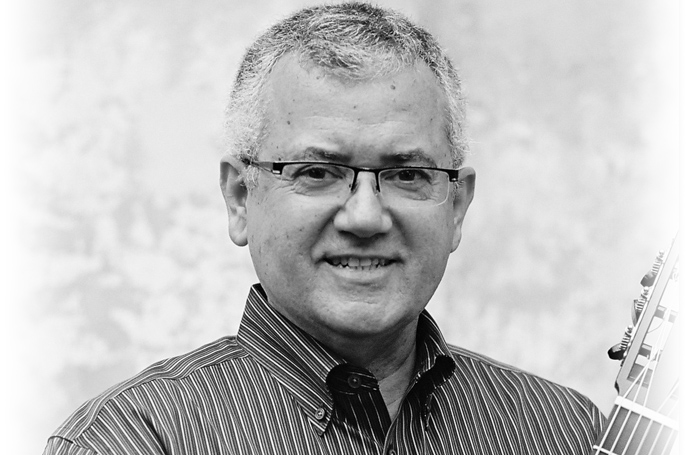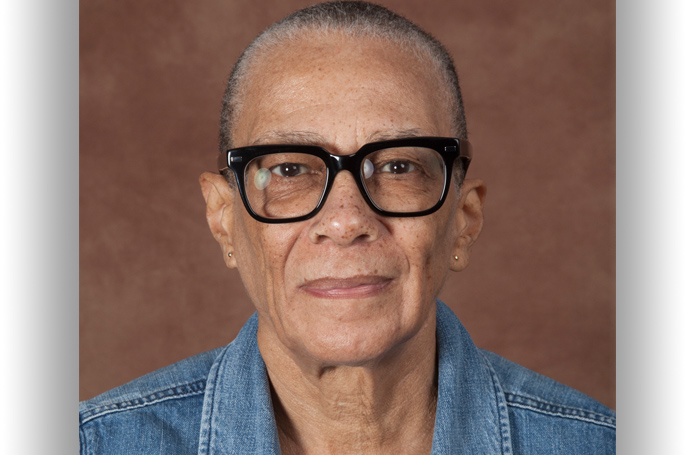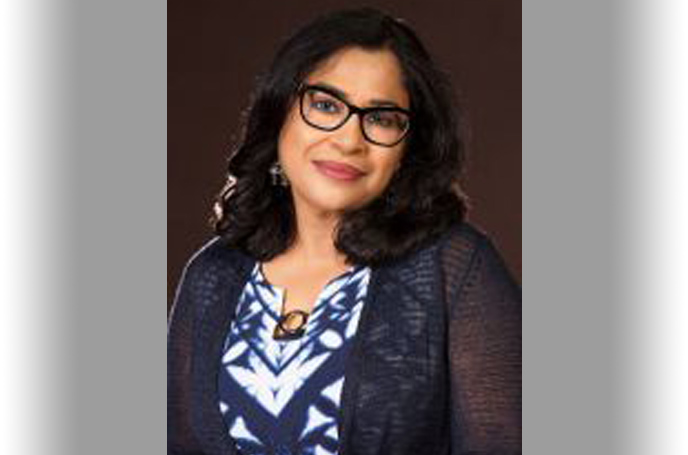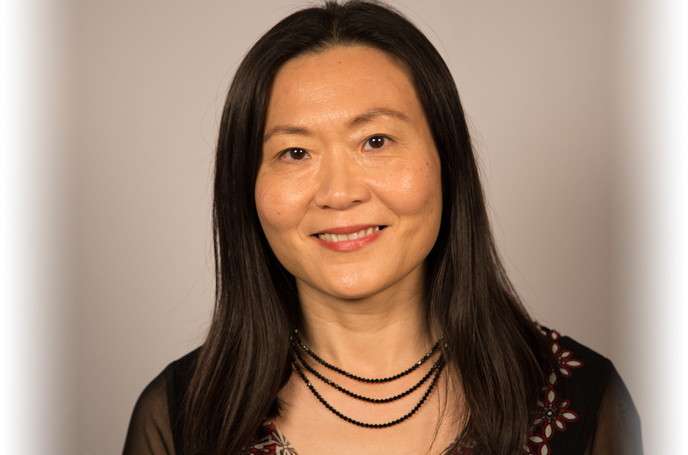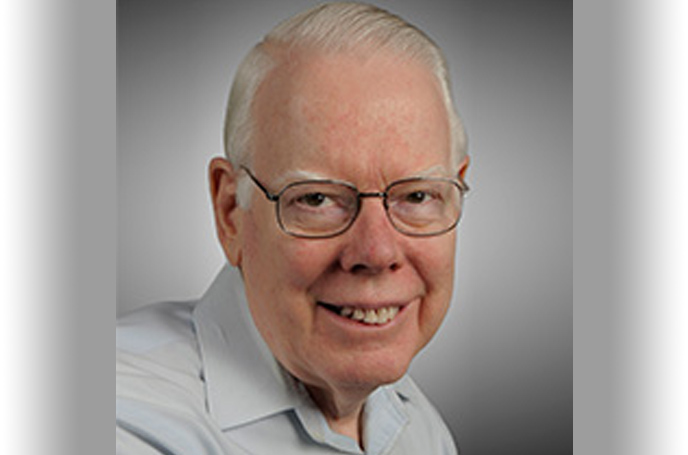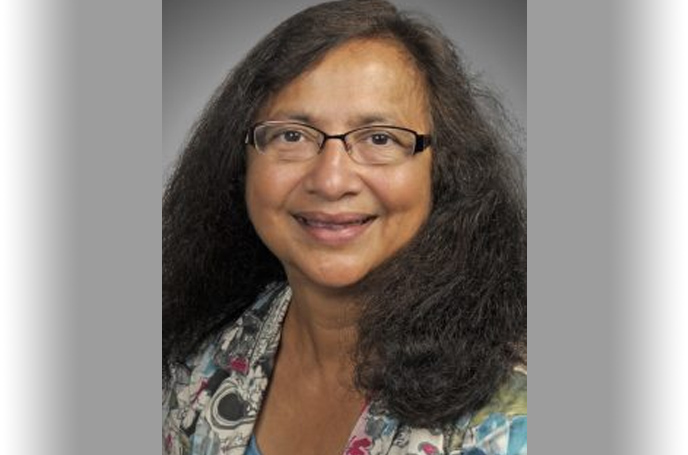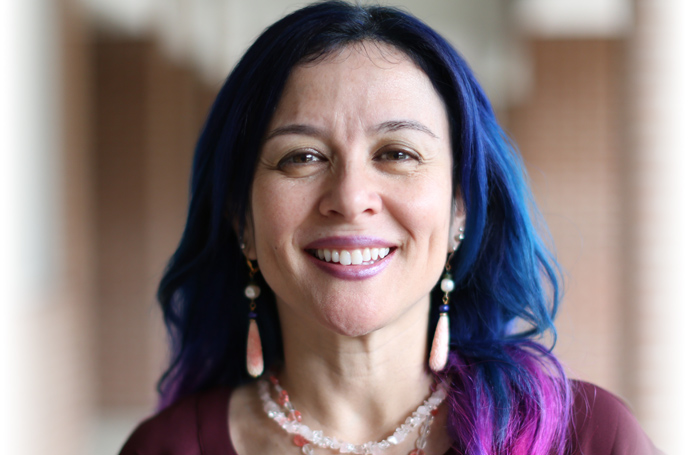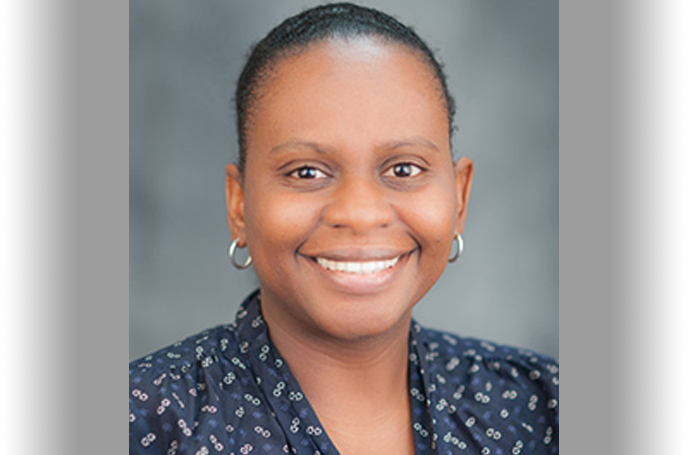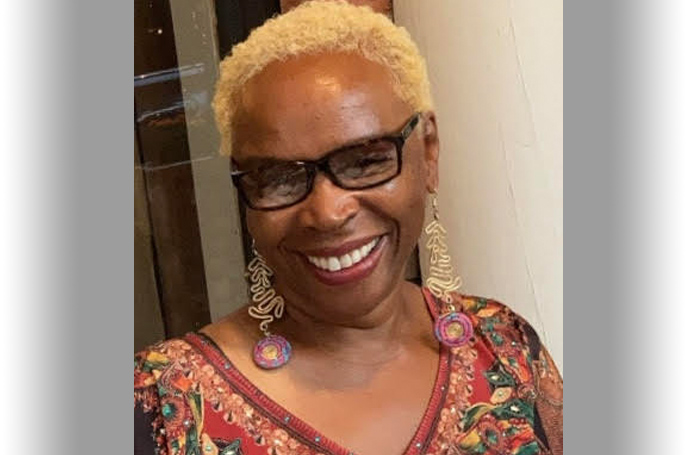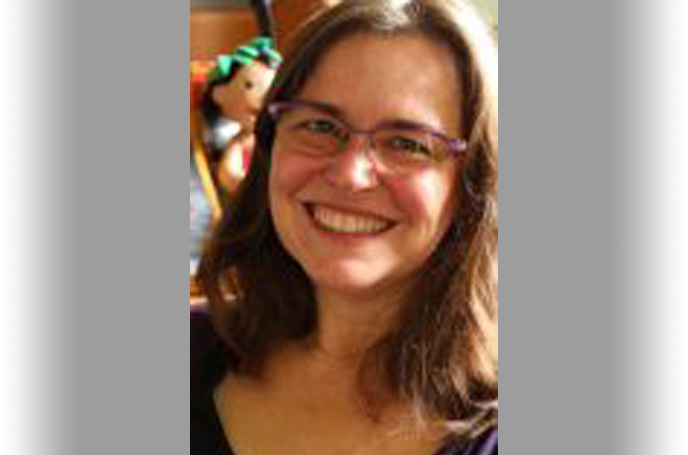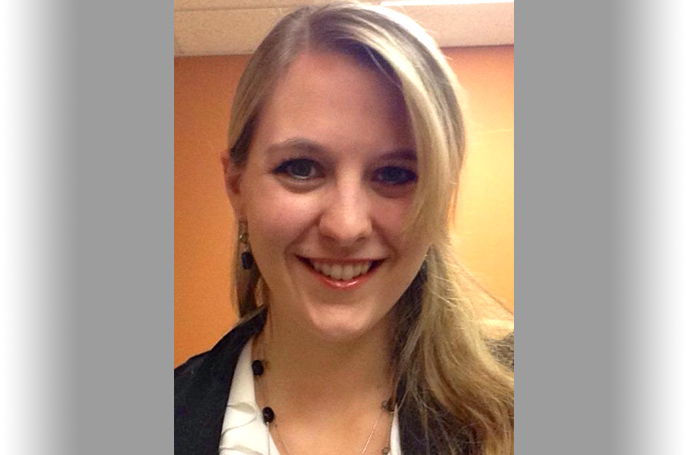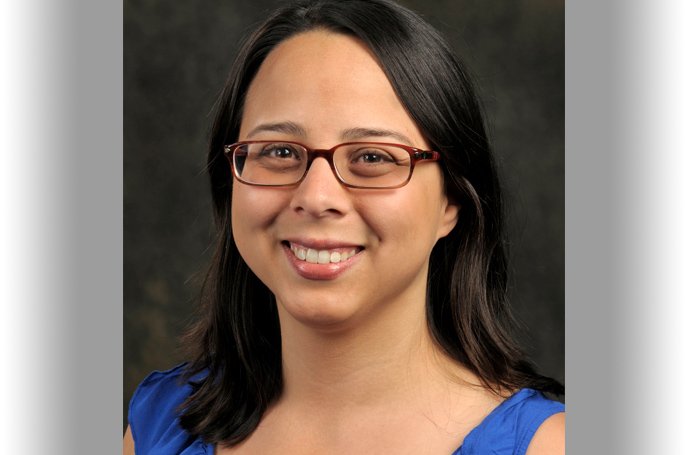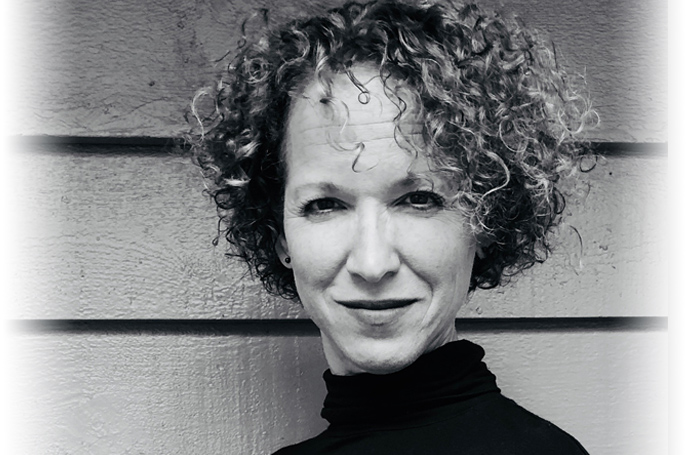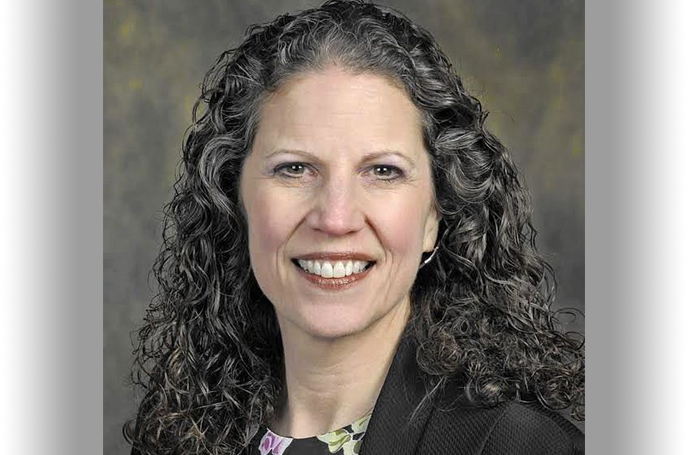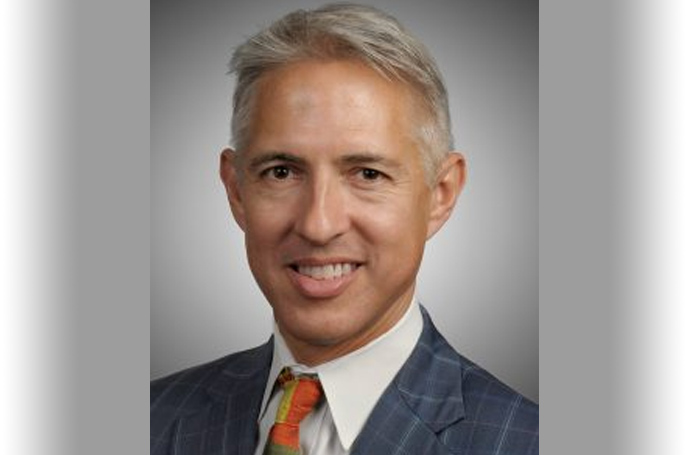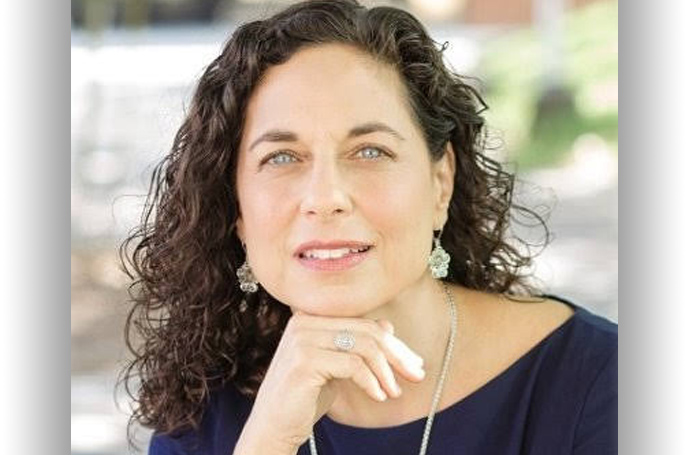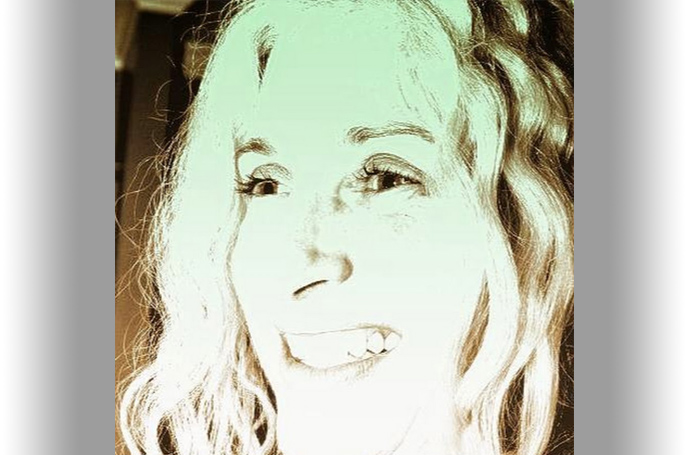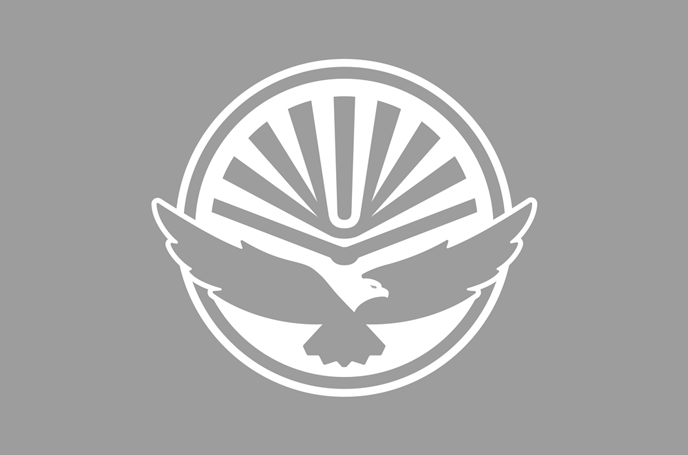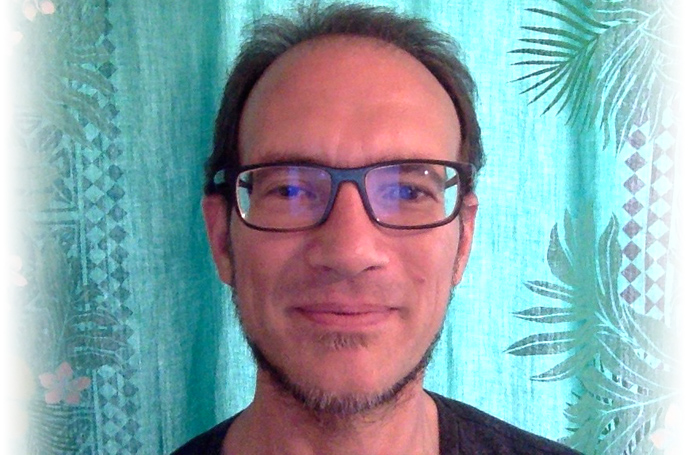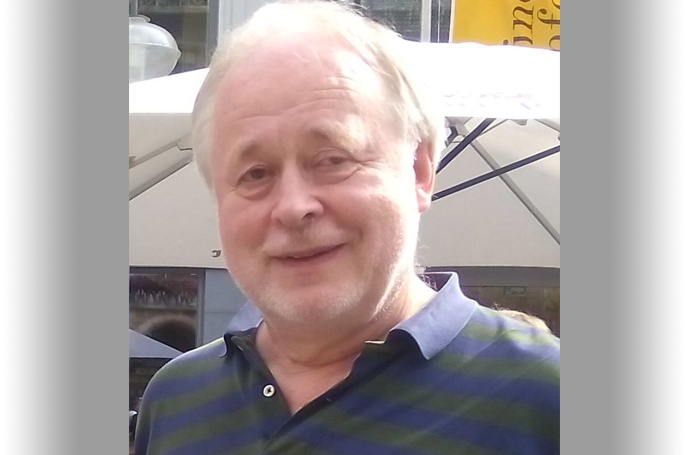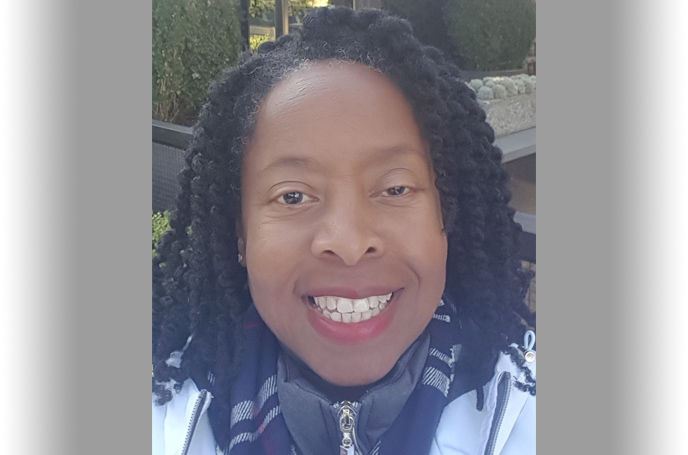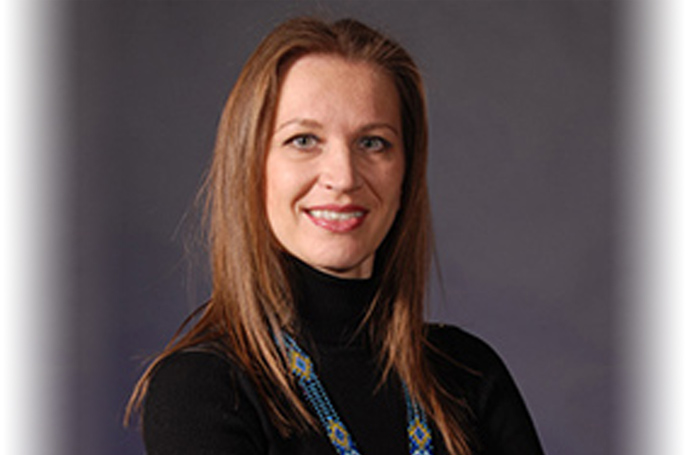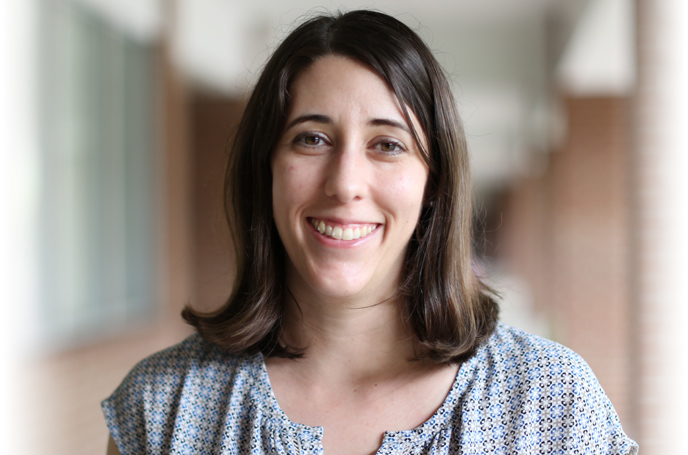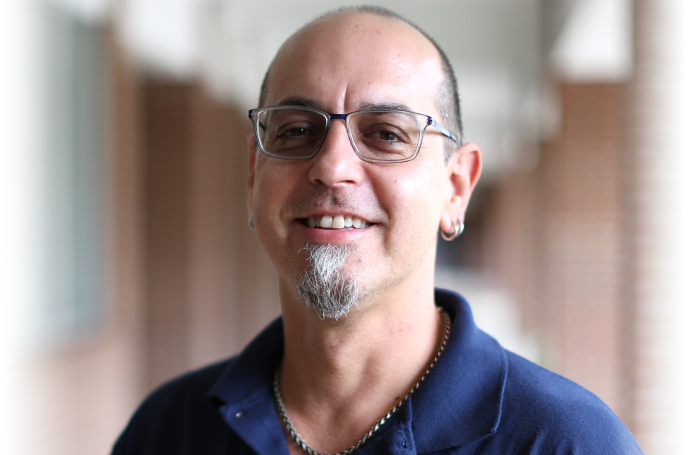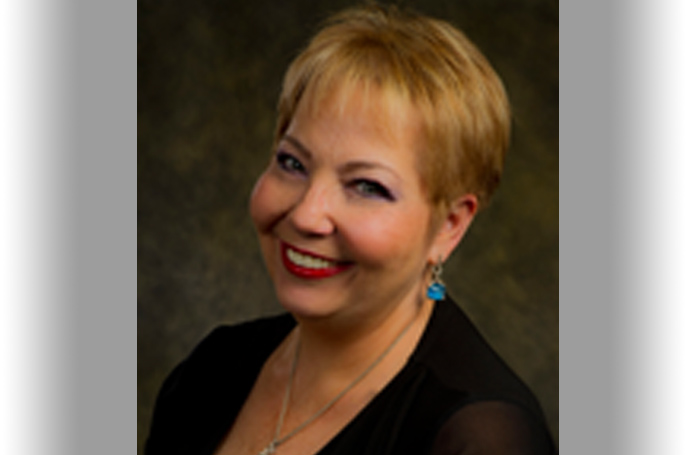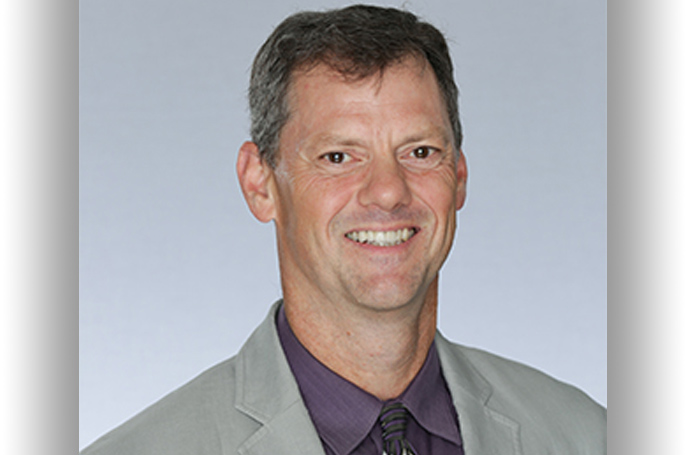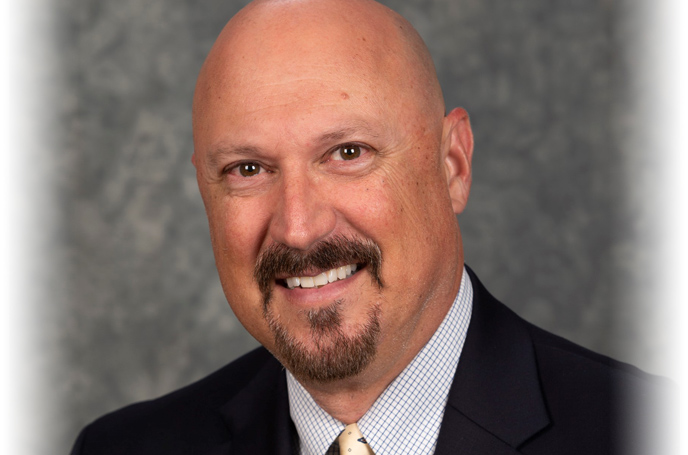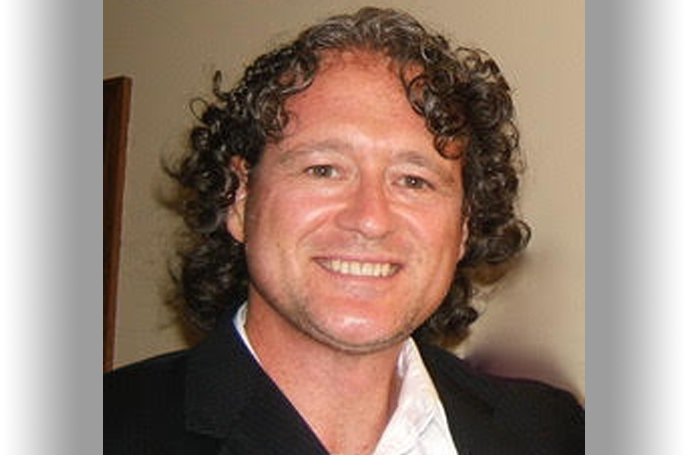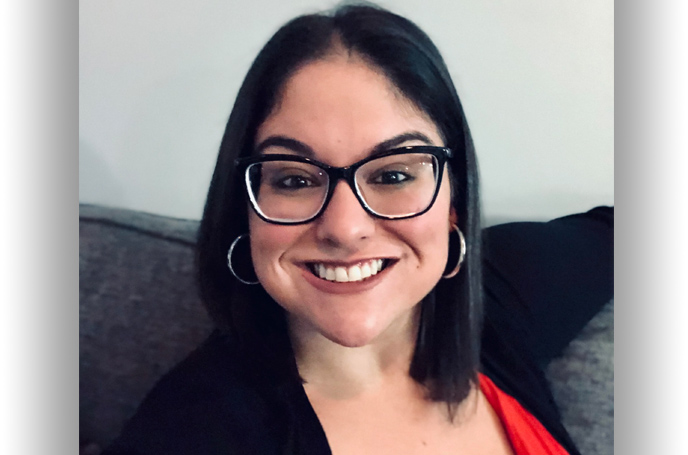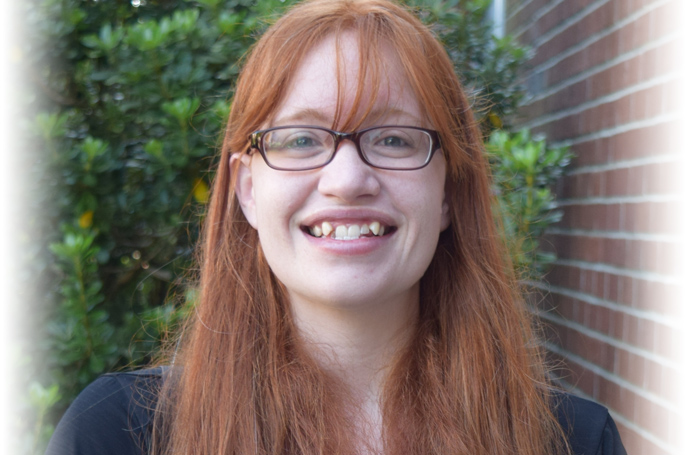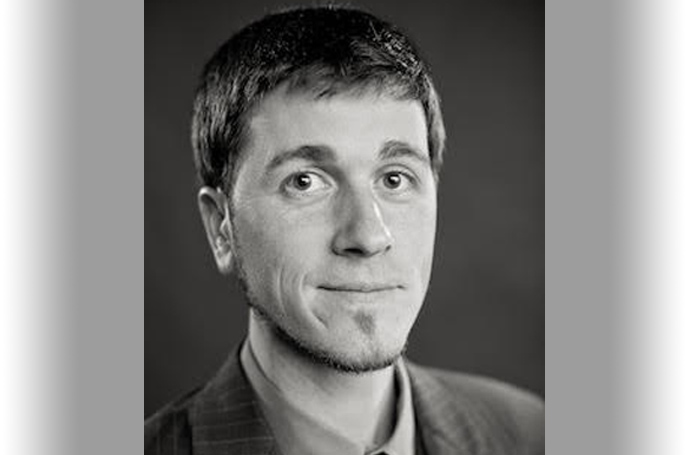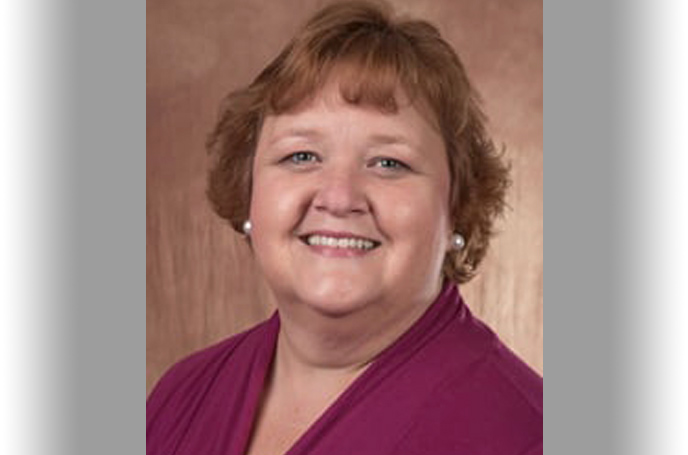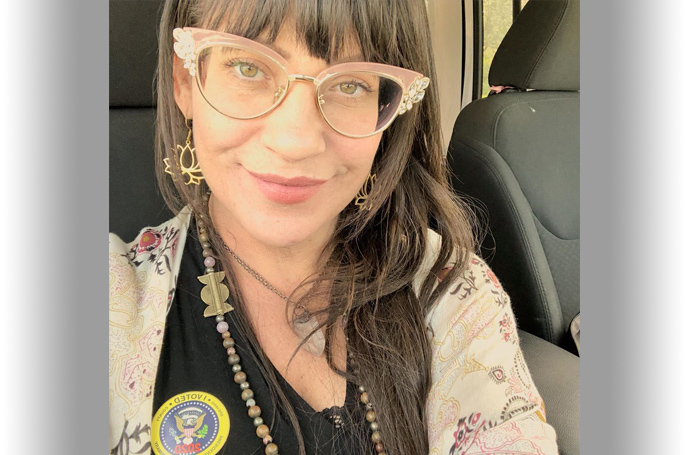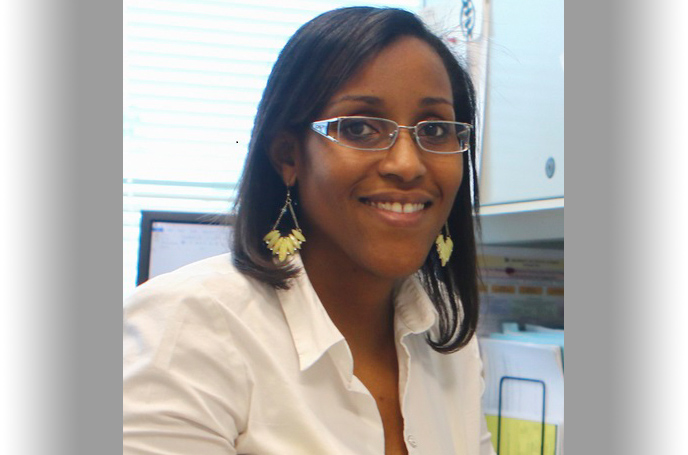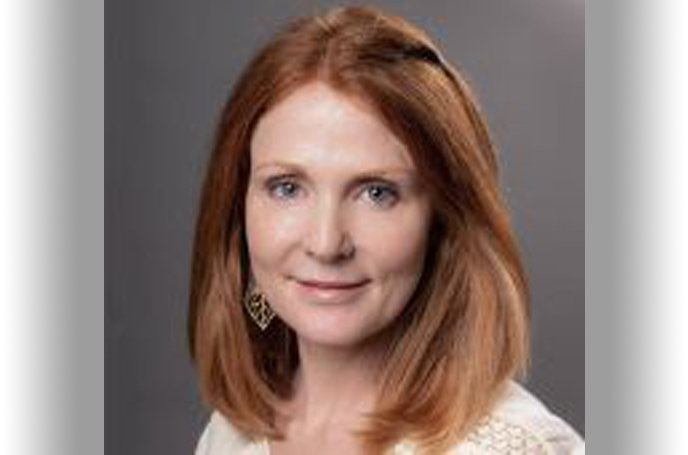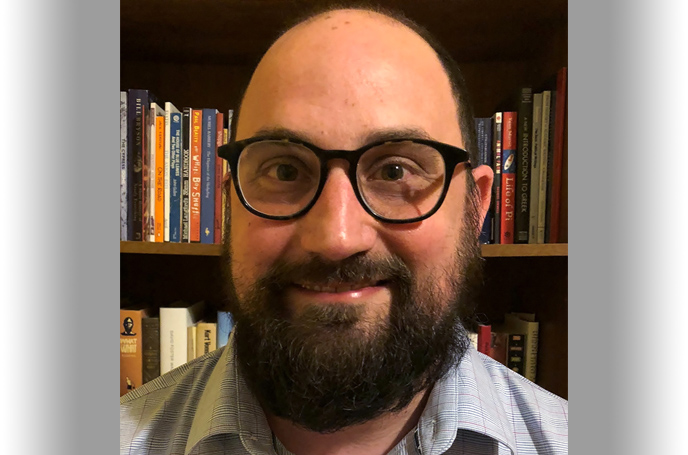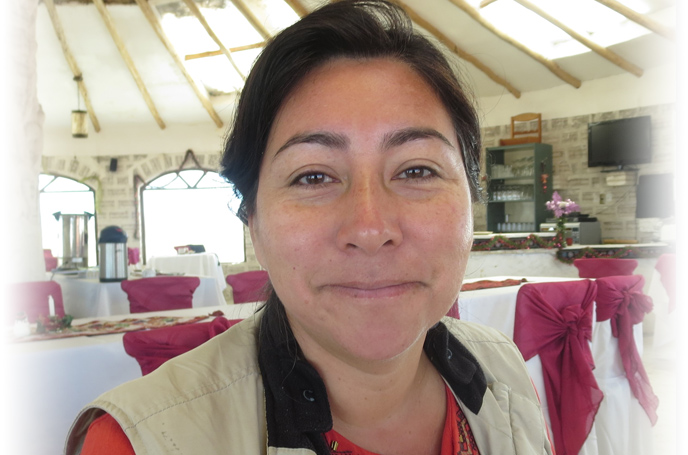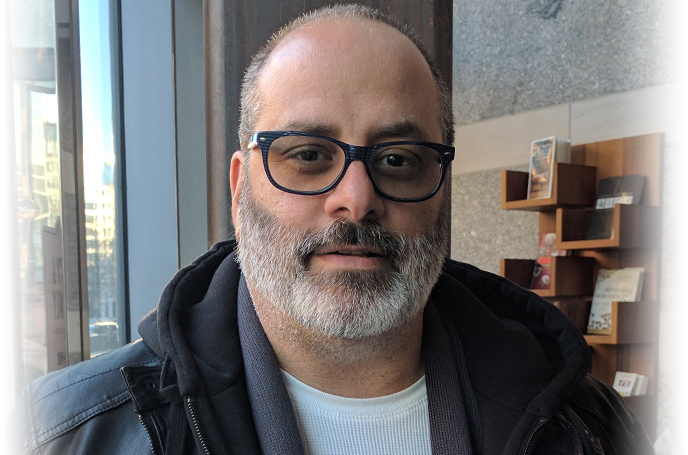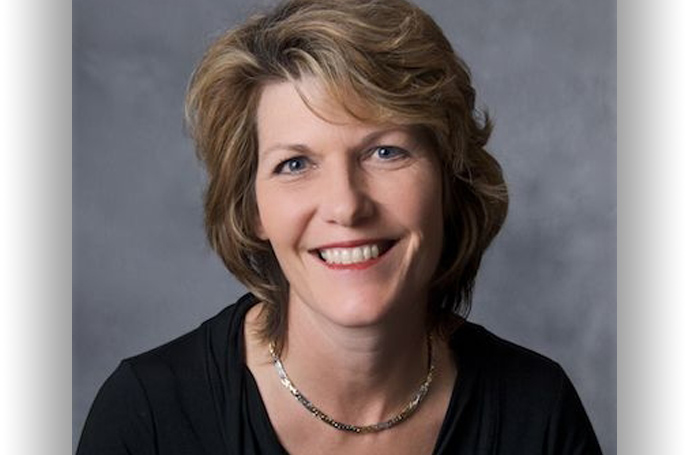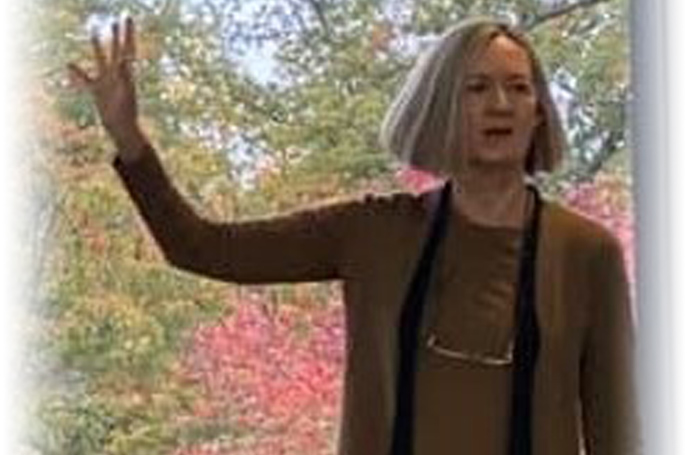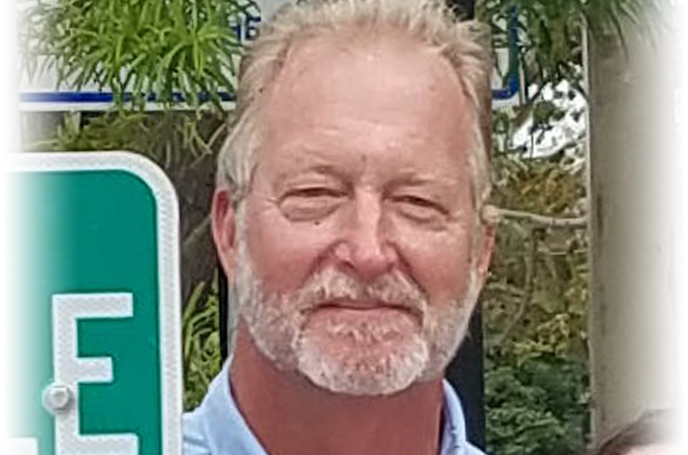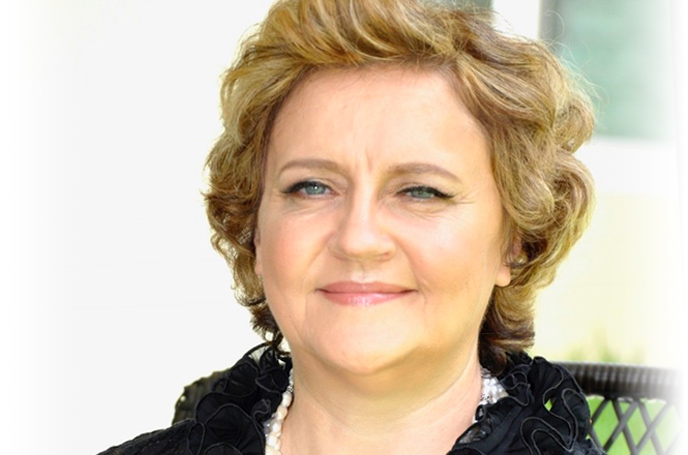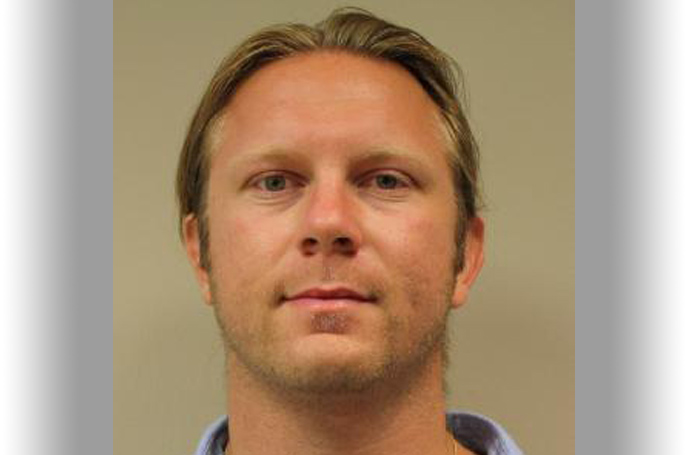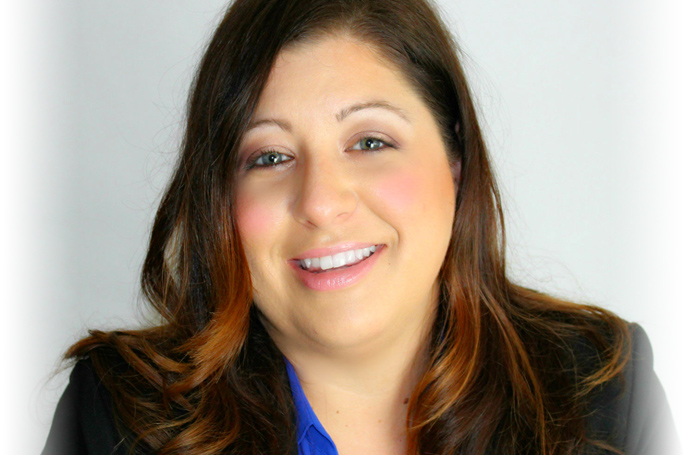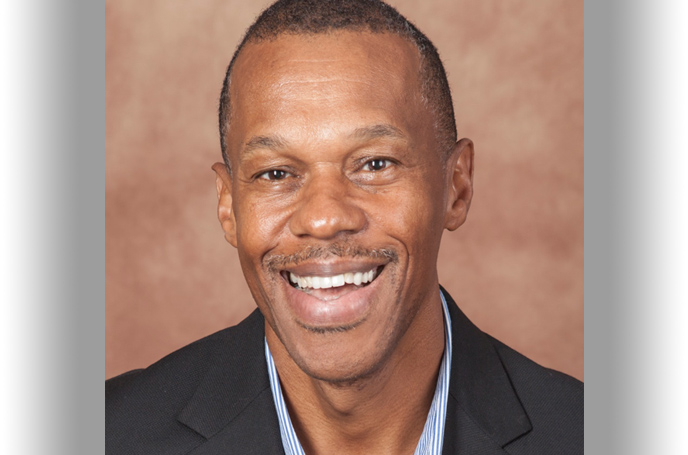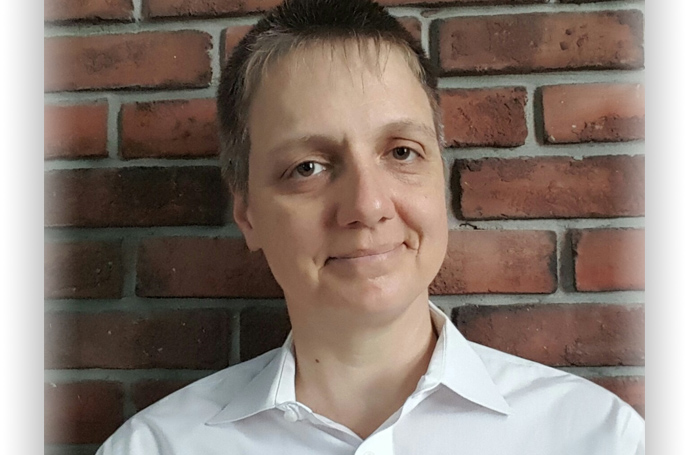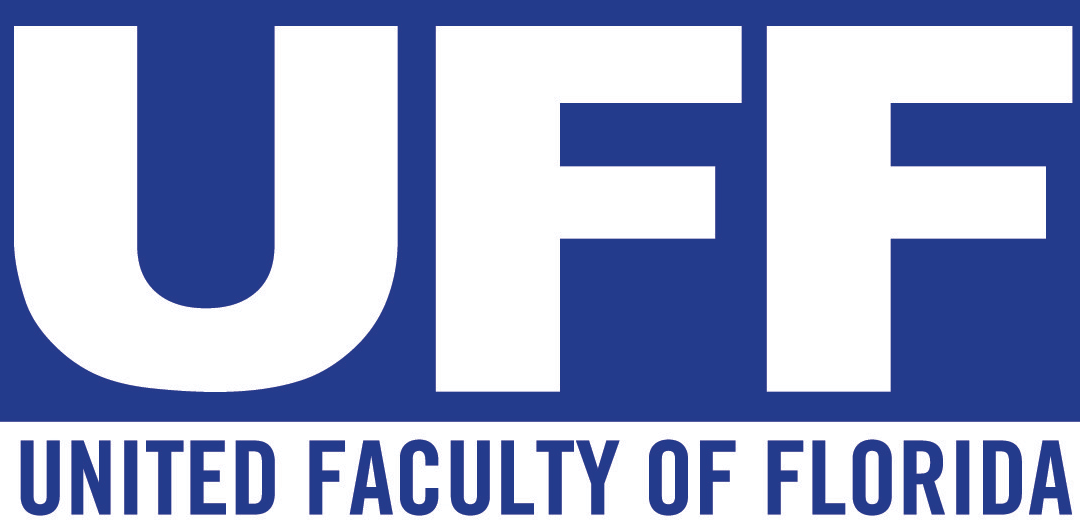
by Nick Shrubsole | Dec 2, 2020 | News
Penalties of Collective Work Stoppages, Strikes and “Sick Outs” in Florida
UFF guidance for members during COVID-19 Pandemic
Please also see the UFF memo “Right to Refuse Unsafe Working Conditions” from October 7, 2020. All individual and collective actions come with risks and rewards. Please weigh these before deciding what is best for you, your colleagues and your family’s physical, mental, and financial health and safety.
All public employees do enjoy the constitutional right to assemble and the right to collectively bargain. UFF supports members in exercising these rights. Forms of action that are legal include: “work-the-contract” where you only preform the minimum outlined in your contract (no extra hours, no extra duties), wearing buttons or stickers to meetings/events, protesting/picketing (but not blocking access), as well as speaking out in the press or at events.
The Florida Constitution explicitly states that “public employees do not have the right to strike” (Art. 1, s.6) and this is reiterated by statute (§ 447.505, Fla. Stat.) that lays out harsh penalties for participating employees and unions. Illegal work stoppages include, but are not limited to, a strike or calling-in sick as an organized campaign (a “sick out”).
The union and public employees are subject to the following penalties for a strike or work stoppage:
Public Employees
- Termination
- If re-employed, 18 months of probation “at will”
- If re-employed, compensation cannot exceed that received before the strike and no raise for at least 1 year
- Forfeit all retirement benefits
- Possible action against teaching certificate (if applicable)
Unions
- Revocation of certification as the exclusive bargaining agent
- Revocation of the right of dues deduction
- Officers and employees fined between $50-$100 for each calendar day of strike
- $20,000 each calendar day of the strike or the approximate cost to the public for the strike
UFF is obligated to inform you of these draconian penalties. Staff and leaders stand ready to assist all members in their pursuit of a strong voice in decisions that affect the health and lives of workers, students and the public during this unprecedented worldwide COVID-19 Pandemic.
*Distributed by UFF on November 17, 2020

by UFF-UCF | May 6, 2020 | Bargaining, News
UCF and UFF-UCF have signed a Covid-19 Impact Agreement. You can read the PDF here. The text is below.
MEMORANDUM OF UNDERSTANDING: COVID-19 HEALTH EMERGENCY
April 30, 2020
During the current health emergency brought on by the coronavirus pandemic, UFF-UCF and the UCF Board of Trustees are committed to maintaining the productive and efficient operation of the University in a safe and healthy environment. Local, state, federal, and international health organizations recommend social distancing as the most effective immediate response to this pandemic. This agreement acknowledges these recommendations. To this end, we agree that the following terms and conditions shall remain in effect until all appropriate governmental authorities declare an end to the emergency.
I. Issue: Transition to Online Teaching
1. Instructors shall maintain rights to all course content, including content required to be presented in an online format.
2. Faculty are professionals and are capable of determining what adjustments need to be made to complete their pedagogy during this crisis in a way that is consistent with any applicable accreditation requirements. Research has shown that online instruction is not simply face-to-face instruction by other means. Effective online course delivery requires extensive preparation, training, and time. An abrupt transition to online course instruction with limited preparation and training may therefore impede pedagogical effectiveness. Except for employees about whom there are at least two separate and substantiated concerns based on student complaints and/or supervisor observation/visitation that have not been resolved,
• There shall be no adverse employment or evaluative action arising from the online transition of classes and other disruptions to teaching protocols during spring 2020.
• Each employee shall choose whether their course evaluations (i.e., SPls, and/or chair/peer evaluations of teaching) for Spring 2020 and all terms (A, B, C, and D) in Summer 2020 will be included or excluded from consideration during corresponding annual evaluations and during tenure/promotion evaluations and/or continuing contract reviews.
II. Issues: Research, Creative Activities, and Professional Development
3. Because the impacts of the COVID-19 health emergency are local, national, and international in scope, any impacts outside of the faculty members’ control which reduce or make impossible faculty members’ ability to conduct or present their scholarship, creative activities, or research shall not negatively affect their annual evaluations or tenure and/or promotion reviews.
4. Faculty and professional employees may submit a separate document as part of their annual activity report to describe any adverse impacts of the pandemic to their research, teaching, service, and professional development. Employees may submit their annual activity reports (and any attachments thereto) through May 28, 2020, without penalty.
5. Employees may use discretionary funds they were allocated during the academic year 2020-2021. Each university official who had committed use of discretionary funds will make a good faith effort to honor that commitment.
6. In-unit faculty and professional employees shall be allowed to work from home, provided that their assigned duties may be accomplished remotely, until the campus reopens to students and face-to-face instruction resumes. An exception is a health-care employee for whom on-campus work is deemed necessary.
7. Once all applicable government-mandated restrictions expire, faculty and professional employees shall have access to their offices and, if applicable, to their laboratories and other facilities necessary for the conduct of their research, consistent with campus safety policy. The University shall provide notice of changes to facility access to the University community on its website and indicate there who may return to campus and when they may return.
8. Working away from campus, having limited ability to collect and analyze data, and pivoting to all-on line course delivery may detract from research, teaching and/or service activities of faculty. Therefore, pre-tenure faculty may exercise the following:
(a) Extend their tenure-earning period by one year, beginning with the 2019-2020 academic year, while reserving their right to request an “early” promotion/tenure. Eligible faculty will find deadlines and the tenure-clock-adjustment form to be used at: https://facultyexcellence.ucf.edu/files/2020/03/COVID19TenureClockAdjustmentForm 2020.pdf
(b) Faculty with start-up funds shall be granted a one-year extension to make use of such funds, provided that the employee’s unit/college has sufficient funds available, unless the employee resigns, is non-reappointed, or their position is ending.
9. Employees who were on sabbatical or on professional development leave during the academic year 2019-2020 may petition their dean for a remedy in order to complete the portions of their planned work that were severely impacted by the pandemic. Such petitions will be considered on a case-by-case basis. Employees who are expected to be on sabbatical or on professional development leave during the academic year 2020-21 may petition their dean to defer their sabbatical or professional development leave. Deans shall make a good faith effort to honor all petitions. In the event that the dean or dean’s representative decides not to approve a petition to defer a sabbatical or professional development leave, he or she shall consult with the affected employee.
III. Issue: Disease, Public Health, and Sanitation
10. Before reopening the campus to employees, the University will appropriately clean public university areas. In addition, requests for sanitizing a campus building may be submitted; the form for such requests may be found at: https://ehs.ucf.edu/wp-content/uploads/2020/04/UCF-Building-Sanitization-Reguest-Form.pdf
All employees are strongly encouraged to continue to abide by personal hygiene and social interaction recommendations from the CDC to contribute to a collective effort to control the spread of disease on campus.
IV. Issue: Caregivers
11. Faculty and professional employees with children whose schools are closed due to COVID-19 shall use available leave (which may include Emergency Paid Sick Leave and/or Emergency Family and Medical Leave Act leave under the Families First Coronavirus Response Act) if they are not able to complete their assigned duties during a pay period. The University shall not penalize employees for assigned duties missed while on approved leave on their annual performance evaluations (Article 10), sustained performance evaluations, or tenure and promotion review (Articles 14 & 15) for the 2019-2020 academic year.
12. Both parties recognize the importance of the University’s non-discrimination policy and aspire to engender a culture of diversity and inclusion at all times, including during the current pandemic.
V. Other
13. The University shall reimburse faculty or professional employees who were instructed by their supervisor to purchase items in order to remain productive and efficient while working remotely. Documentation from the supervisor will be necessary for reimbursement.
14. Until the university is reopened to all employees, email communication will suffice in all cases where certified mail or personal delivery is required by the CBA. An electronic delivery receipt will be considered proof of receipt by the recipient.
VI. Issue: Impact Bargaining
15. If the applicable governmental restrictions addressing the pandemic continue beyond our current academic year, along with federal, state and/or local guidelines for self-isolation and social distancing, both parties will review and, if necessary, impact bargain a new agreement beginning on or before August 8, 2020.
VII. Issue: Moving Forward Together
6. Both parties recognize that the impact of the COVID-19 pandemic on faculty and professional employees may continue beyond the present emergency in varying ways. Both parties will inform and remind employees of benefits provided (e.g., Employee Assistance Program (EAP)) and resources available {e.g., Office of Institutional Equity) for their total well-being and encourage them to utilize them. Both parties encourage all employees to be familiar with and to utilize appropriately the resources listed at: https://www.ucf.edu/coronavirus/faculty-toolkit/.
Signed,
Sheryl Andrews for UCF BOT, Associate General Counsel and Associate Provost
and
Yovan Pineda, Associate Professor, Chief Negotiator, UFF
–

by UFF-UCF | May 6, 2020 | Community, News
The update below, written by UFF-UCF President Scott Launier and treasurer Yovanna Pineda was published in News and Views, the UFF internal quarterly magazine.
UFF-UCF changes Compulsory Leave to Recovery Leave
By Yovanna Pineda and Scott Launier
Two years ago, a faculty member was facing termination for failing at their duties while lecturing to a class. But unfortunately, it was the faculty member who was failing.
When the faculty member came to our union for help, we became immediately concerned with their health. We encouraged and assisted in setting up a medical appointment.
Our faculty member had been displaying signs of mental deterioration. It was astounding to us, but their chair had begun a disciplinary process, seeking a just cause termination as the way to be rid of this faculty member.
Our union stepped in. While it was not easy, we won an early retirement package for our faculty member, with all reprimands removed from their record.
This one case helped us rethink how someone with a serious illness should be treated. We changed the language from compulsory leave to recovery leave because it shows compassion. The tone changes from “you’re no longer useful to this university” to language that asks, “what can we do to help you?” In practical terms, the goal is on recovery and being able to return to work, as opposed to being reprimanded for being ill. Under the old compulsory leave article, the administration determined when it might be used. Under recovery leave, faculty have more agency to decide when they need this option.
This language came at an auspicious time as COVID19 is in our midst. Everyone is vulnerable, and some of us, especially those with pre-existing conditions, can become chronically ill. Recovery leave is a benefit for everyone. It’s peace of mind to know that if we get sick, we won’t be reprimanded or fired because of it.
–



